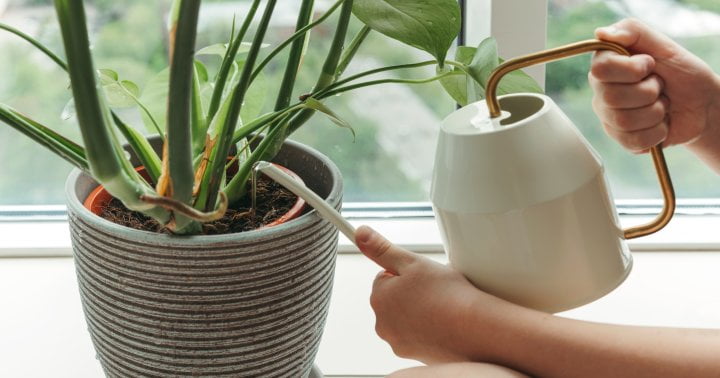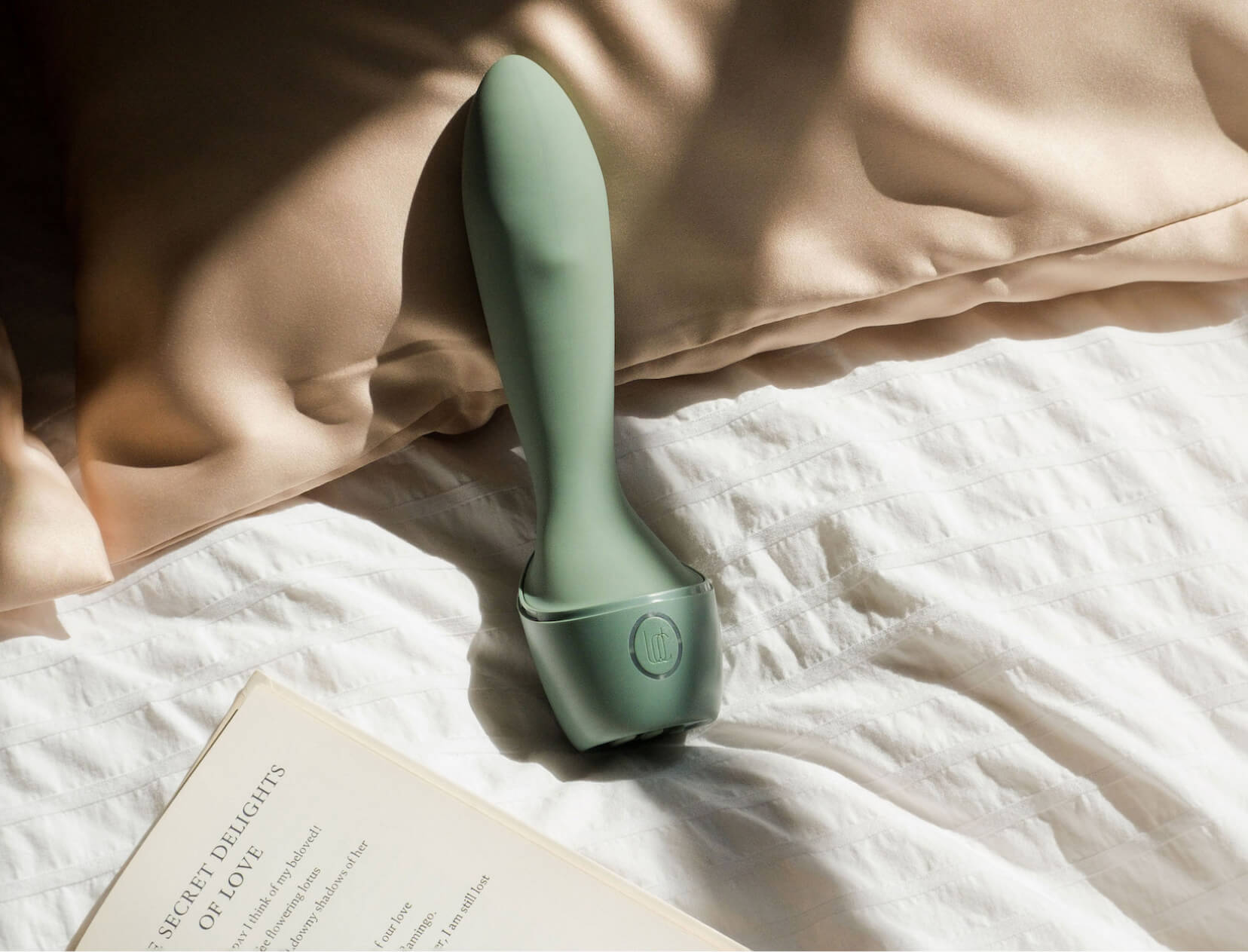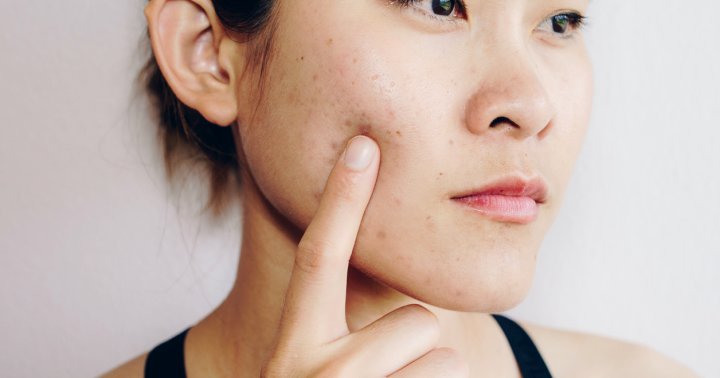You Shouldn’t *Always* Water Your Plants With Tap: When To Make The Switch

Overall, if you have clean, high-quality tap water, you should be fine giving it to all of your plants, explains Erin Marino, the editorial lead at NYC-based shop The Sill. She’s based in New York City and hasn’t run into any problems through the years of watering her plants straight from the tap.
If you live in an area with hard tap water that tastes of minerals, though, some of your plants might respond poorly to it. Marino gives birds of paradise, calatheas, and peace lilies as examples. “These are plants that have more of a sensitivity to the salt and minerals that are found in tap water,” she tells mbg.
When you water these plants with hard tap water, some of those excess minerals are left behind. Over time, they can increase the salt content in your plant’s soil, which can disrupt some of its natural processes and cause imbalances. Dehydration, slow growth, and even root rot can follow.
A few signs that your plant is suffering from excess minerals, like brown spots on leaves and wilting, are also symptoms of overfertilizing or underwatering, which can make this problem tricky to diagnose. If your plant’s pot is covered in a chalky white residue, that could also be a signal that too many salts have collected in its soil.
This article was originally published by mindbodygreen.com. Read the original article here.




